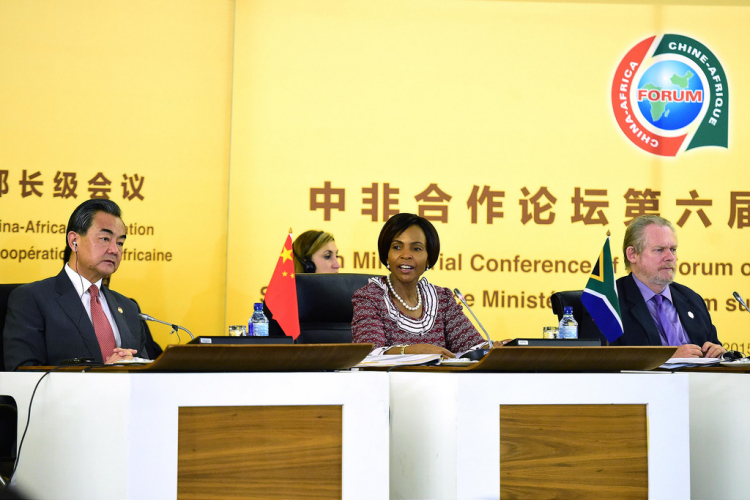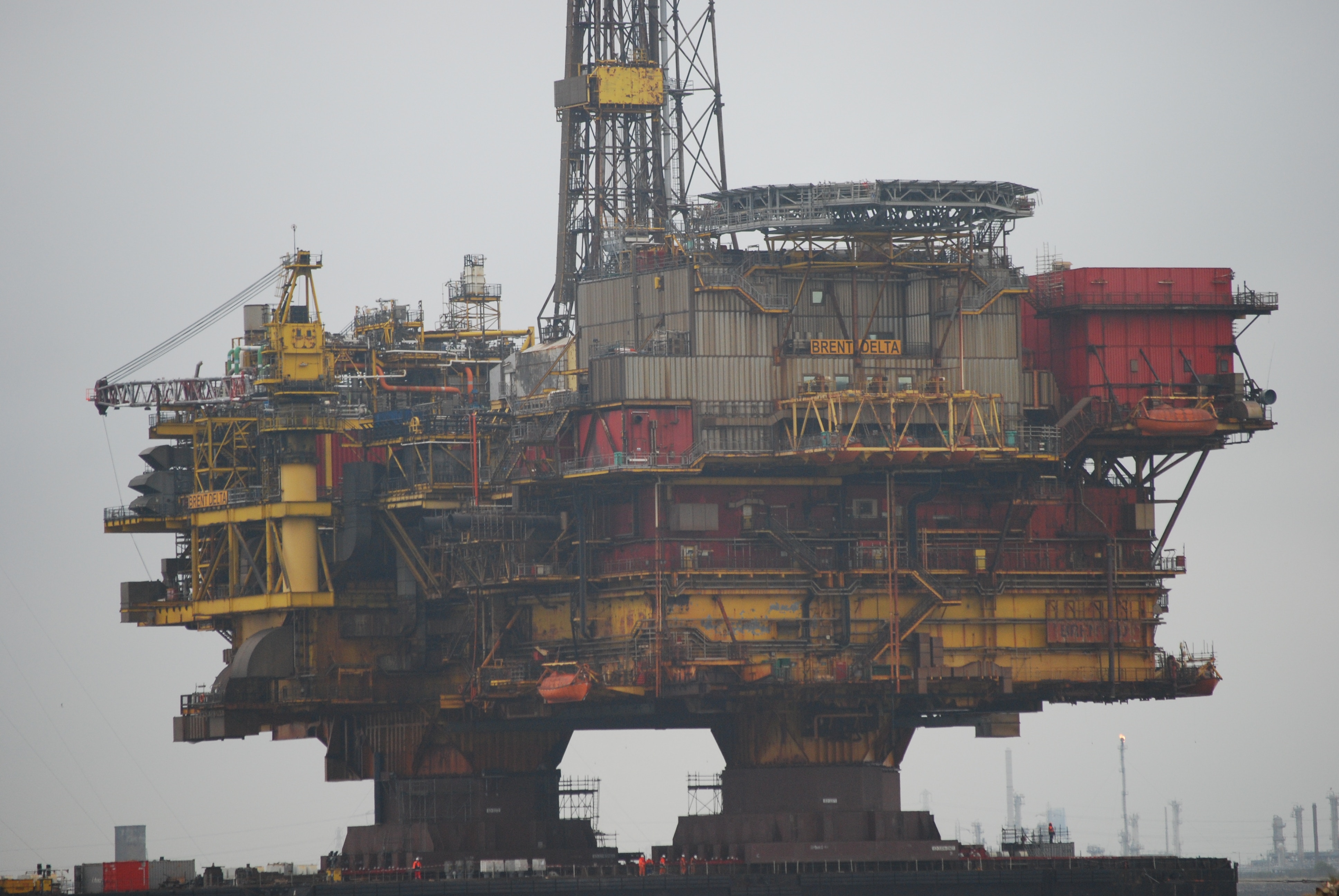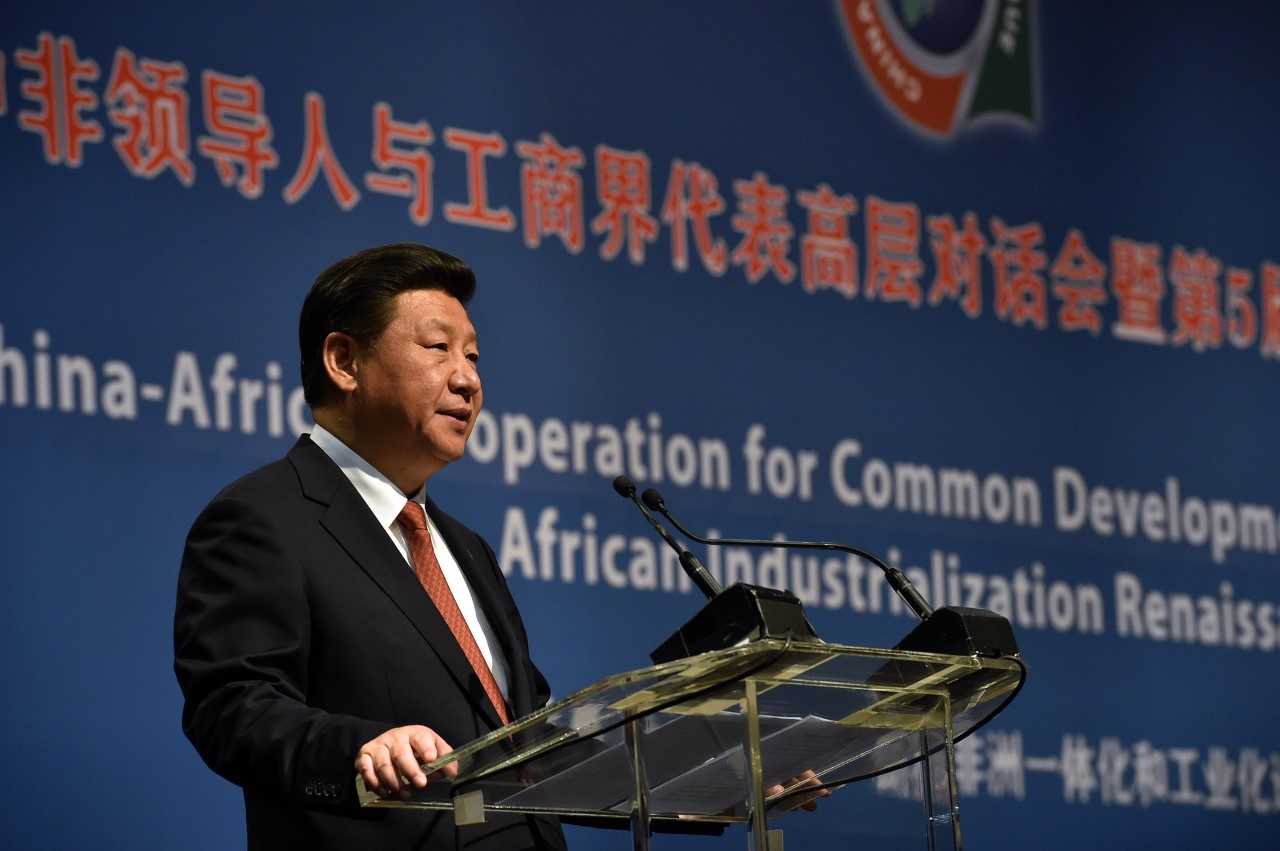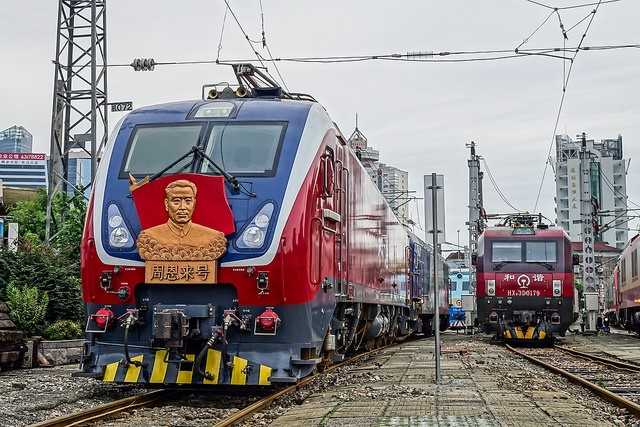China's Growing Influence on the African Continent

The next "Scramble for Africa" has already started, and China is winning. As the Chinese middle class is growing, labor prices are rising, and threatening China's economic monopoly on cheap goods. To keep their monopoly on low-cost consumer goods, China is turning to the African Continent. The Chinese can keep their costs low, and remain a fierce competitor in the global market, by obtaining necessary minerals and base products from Africa. This has been done this in a few ways: loaning large sums of money that receiving countries will not be able to pay back, building large scale industrial projects, and completing the Belt and Road Initiative.
An offshore oil rig. Image Credit: Unsplash/Kevin HarrisSince 2017 the Chinese banks, businesses, and government have loaned more than $136 billion to African governments. Chinese President Xi Jinping has recently pledged to make $60 billion available in loans, grants, and partnerships for industrial projects throughout the African continent. These loans, some of which are interest free, are not as good as they seem. Many of the countries receiving these loans will be unable to pay them back. Angola, who has received the largest loan, now owes China $21.2 billion. China lent the money despite being well aware that Angola could possibly default on it's debt, which equals circa 65.10% of their GDP. One of the ways Angola can pay it's debt is through oil, something of which the Chinese are in dire need.
China has recently become the world's largest oil importer, which accounts for 20-25% of Chinese energy production. Being in high demand, oil is the key reason for Chinese investment in Angola, creating a stable oil supply. China learned from it's own mistakes, as well as those of the United States, leading it to use the strategy of a "debt trap." China lends African nations large loans, which, due to the lack of money, are to be paid back in oil.
Angola is not China's only trade partner. China has invested in both Djibouti and Kenya for their strategic positions near international maritime trading routes and their railroad connections into mineral rich inner-African countries. China has also invested in Nigeria due to its large amounts of oil and its massive market for goods.
Image credit: Flickr/GovernmentZAThe Chinese government has invested in numerous projects that have enabled it to gain greater control over the African continent. They built the new African Union headquarters in Addis Ababa, and financed and built both the Mombasa-Nairobi Railway and the Addis Ababa-Djibouti Railway. China endeavors to establish an efficient way to transport natural resources from the inner-continent to the ports. The minerals and railway will allow the Chinese to maintain low selling-prices, even when labor prices rise.
Many have equated this to a new "Scramble for Africa", as there is a strong concern about the long-term control that China could have. The building of the new African Union headquarters is a sign that the Chinese Government is looking to take a more active role in Africa and its politics.
Chinese investment is meant to aid their economy. China is doing this through oil and the Belt and Road initiative. They plan on linking over 60 countries through train and marine routes from Asia to Europe to Africa. The first-ever freight train service took place between Beijing and London in early January 2017. The current 39 lines that connect 12 European cities with 16 Chinese cities are set to grow. African and European countries are not the only nations China wants to improve trade ties with. China is also turning to its neighbors in Asia and to the Middle East to expand its trade reach. The Belt and Road Initiative is important to China, as it allows for cargo transport.
Image credit: Flickr/Chiu Ho-yangOne of the major concerns with China's interest in the African continent is that its actions are violating human rights. Transgressions associated with China's projects have been ignored, which includes forced evictions, arbitrary detention, and the lack of right to life. Worker rights are continuously violated and environmental standards are often overlooked.
As China's middle class expands, regulations and workers' rights develop, leading to more ethical production. While the workers' rights are improving, China still has children under 16 working for 16 hours a day. Children as young as 10 work in slave-like conditions in places like the Democratic Republic of Congo in order to harvest raw materials. African countries might have to struggle for independence once again, but this time for economic independence and freedom from Chinese debt.










